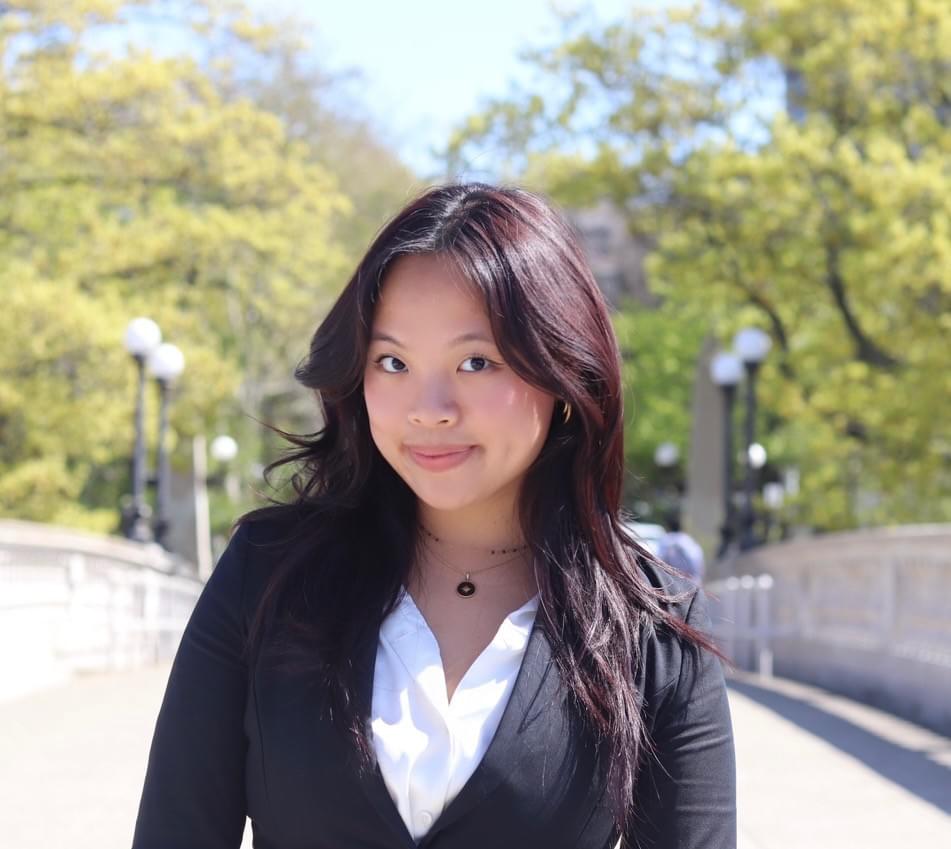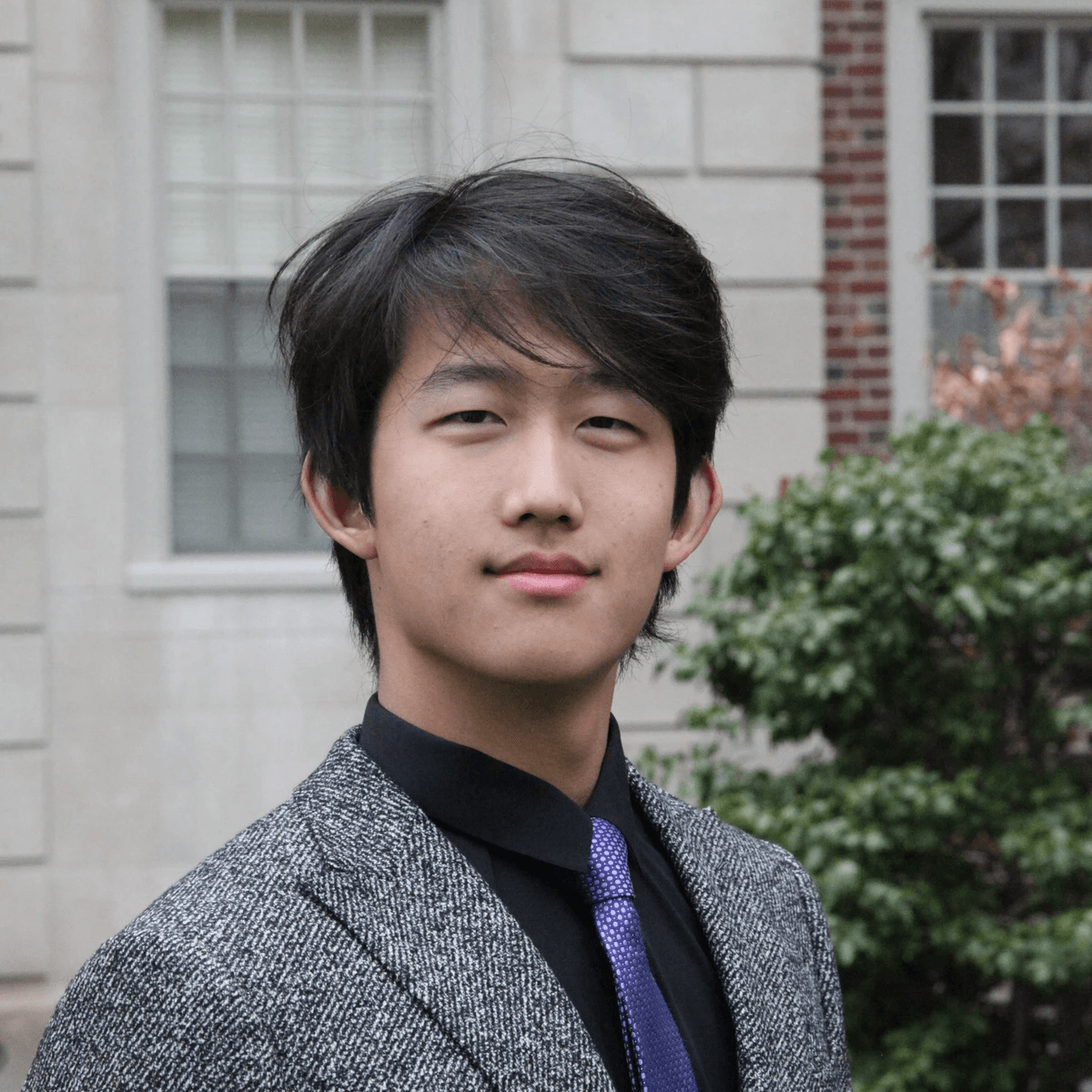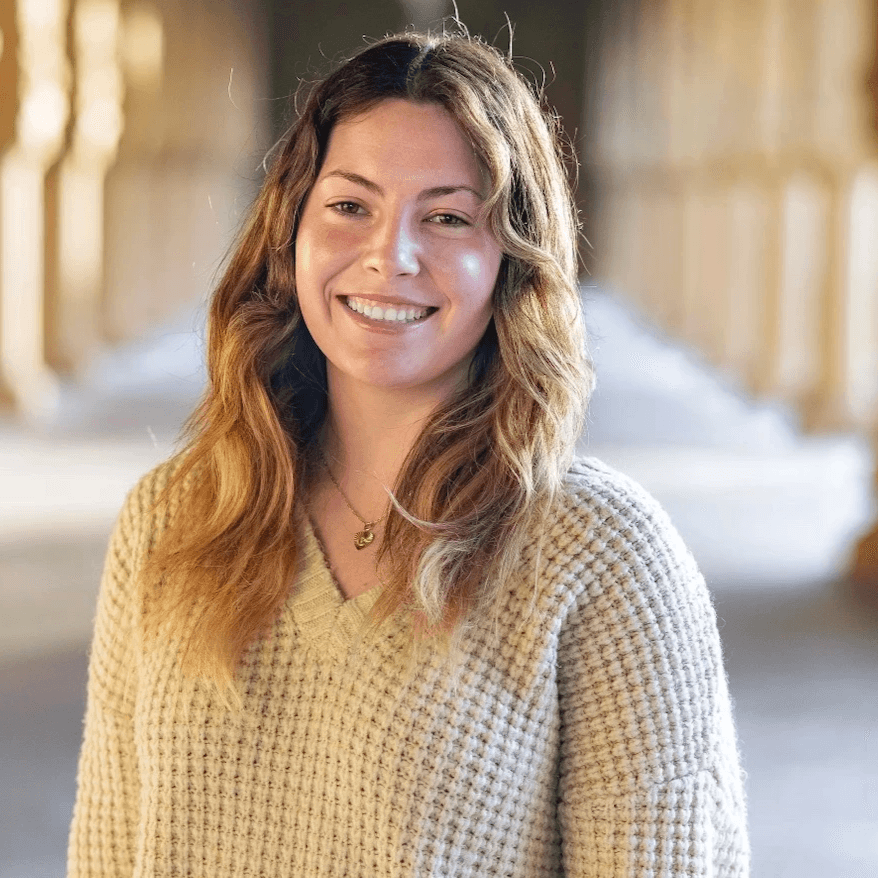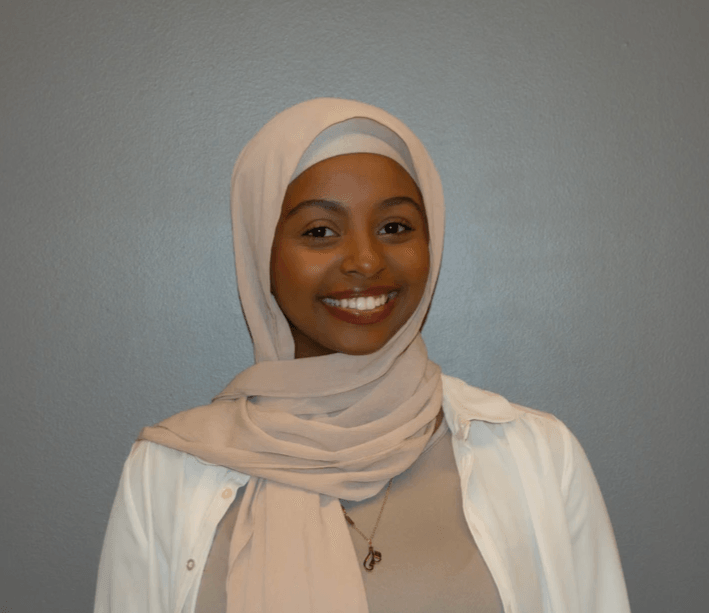


HDTT
- Journal
- …
- Journal


HDTT
- Journal
- …
- Journal

Data-Driven Research Informing Equitable Health Policy
Health Disparities Think Tank
Our Mission
We aim to empower youth by facilitating meaningful connections with healthcare experts, fostering collaborative projects aimed at addressing health disparities, and linking findings to actionable policy advocacy.
We pride ourselves in creating a direct research-to-policy pipeline, providing students with the opportunity to conduct meaningful, data-driven projects, make their voices heard through publication in peer-reviewed journals or high-impact conferences, and inspire policy change through direct legislative advocacy.
Through mentorship, guidance, and hands-on experience, we aim to inspire and support the next generation of researchers to begin contributing meaningful work to combat health disparities.
Our Pillars
Led by students.
Mentored by leading professionals.
Amplified by the scientific community.
Implemented by elected policymakers.
Empowerment
Founded by a team of Harvard undergraduates, we believe in the power of youth to forge the future. Aimed towards addressing the most pressing inequities in healthcare, our projects are student-conceived and student-led, giving youth the opportunity to pursue the topics of utmost importance.
Mentorship
Hailing from institutions like Harvard Medical School and Memorial Sloan Kettering, our mentors are among the most influential researchers in their fields. Our students will work closely with experts from renowned institutions to produce high-quality, data-driven results.
Amplification
We amplify our researchers' voices by aiming to publish all student projects in high-impact journals or widely attended conferences related to health disparities and health equity. We believe that students are capable of changing the narrative and setting the priorities of the future.
Impact
We believe that research should directly inform policy, so we provide opportunities for students to present their findings to elected officials, House/Senate committees at the state and federal level, attend public health hearings, write legislation and testimony, and influence the legislative climate.
How We Operate
1Project Conception
Week 1
Students are selected from a competitive application process, assembled into teams based on their interests, and will select one of our existing topics or propose an entirely new topic.
2Training
Week 2
We will provide training resources developed by expert researchers to equip students with the skillset that they need, including how to conduct literature reviews and write effectively.
3Data Collection & Analysis
Weeks 3-7
Throughout the next 3-5 weeks, students will pursue an original project related to a pressing health disparity. Their expert mentor will provide guidance and feedback.
4Manuscript Revision
Weeks 8-10
Students will work with their mentor and other experts from our network to revise, refine, and perfect their manuscript for submission.
5Publication
Weeks 11-15
With the help of their mentors and us, students will identify a target journal or conference and submit their manuscript. Students will gain a deep understanding of the peer review process and incorporate reviewers' edits as needed.
6Advocacy
Weeks 16-indefinite
Finally, students will work with members of our policy team to coordinate meetings with elected officials, write and submit testimony for hearings, attend committee hearings, and implement their proposed policy solutions for real-world impact.
FAQ
How do I get assigned to a project?
We will match you with 1-3 fellow students who share similar topic interests as you to form a project group. We will have a list of pre-made investigation topics that you may choose from, or you can come up with your own project and receive feedback from our board members and mentors.
How long will the entire process take, from project conception to publication?
This varies highly from project to project, as editorials usually take less time than original research papers. You can get a rough idea of the timeline in the above section. You can expect to take at least 2-3 weeks working 8-10 hours per week to generate the rough draft of the paper, then several weeks working on your draft with your mentor(s), and a highly variable timeline for publication.
Will I get a publication?
While we cannot absolutely guarantee a publication in a scientific journal, the quality of work you produce will greatly impact your chances of landing a publication in a high-impact journal or conference. We will provide you with all the resources you need to get a publication, as we understand the value of your time and hard work. Our mentors are extraordinarily accomplished researchers in their fields, and our executive board members also have experience conducting health disparities research at the undergraduate level, so you will be in good hands!
Can I join HDTT even if I will be traveling this summer?
Absolutely! HDTT programming will be mostly remote and asynchronous, and we have students from all across the country, hailing from institutions like Harvard, Stanford, and MIT. Even if you’re traveling the world this summer, as long as you can meet the minimum time commitment and ensure high-quality work, you are more than welcome to apply for HDTT!
How will applicants be selected?
We evaluate our applicants holistically, considering factors like demonstrated passion and commitment to reducing health disparities, time commitment, willingness to learn, being a good team player, and technical/writing skills.
What type of advocacy work will I be engaging in?
You will be working with our Director of Policy and our Policy Team to connect you with lawmakers, provide guidance on writing testimony and policy memos, and make an impact beyond your publication. Your specific advocacy tasks will be up to you to decide based on your interests, although we will provide as much guidance as you need.
Hear from Our Teams

“Before HDTT, I had no experience with writing editorial style pieces, but over the course of eight weeks, I was impressed by how my team and I were able to create an entire piece from scratch. HDTT changed my perspective on what research can look like and the collaborative environment and mentorship were incredibly helpful in expanding my ability to convey the impactful narratives of health disparities."
— Jessica Z., Harvard '27
Summer Research Fellow

“HDTT was a valuable experience to work with like-minded students in a self-driven project aiming to bridge gaps in the literature on health disparties. It was a great opportunity to learn how to work with others, write an academic editorial, and overall learn more about a niche area of healthcare research in the U.S."
— David A., Harvard '27
Summer Research Fellow

“HDTT surpised me in its ability to mentor and guide a group of passionate yet inexperienced students to produce a reputable, exacting piece of research. The research to policy pipeline framework of the program streamlined the mentor pairing process of scientific research in an approachable, accelerated manner that allowed for an unbelievable turn around for manuscript writing. I am proud and grateful to have worked with HDTT."
— Cheryl T., Stanford '26
Summer Research Lead

"Before joining HDTT, I struggled with confidence in my writing, often feeling that my work wasn't good enough. However, thanks to their support, I not only researched, wrote, and published my first medical paper on The Rize of Ozempic And Its Impact On Low-Income Individuals in the HDTT journal, but I also created something I am truly proud to share with others. This organization was impactful as I learned how to write an effective research paper, find solutions to health disparities, and gain confidence in my writing. Research papers used to intimidate me, but HDTT empowered me to face my fears by allowing me to make a difference through my writing. I am blessed with this opportunity and express immense gratitude to HDTT for all its resources and guidance in helping me achieve my goals."
— Salma N., UMASS Lowell ‘28
Fall Research Fellow
Join our Mailing List!
We'll update you on relevant updates, including application timelines and opportunities to get involved with our work!
Contact Us
Contact Us:
healthdisparities.thinktank@gmail.com







